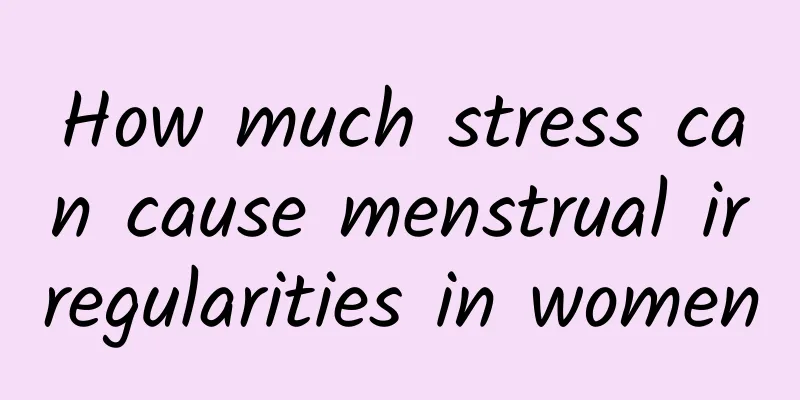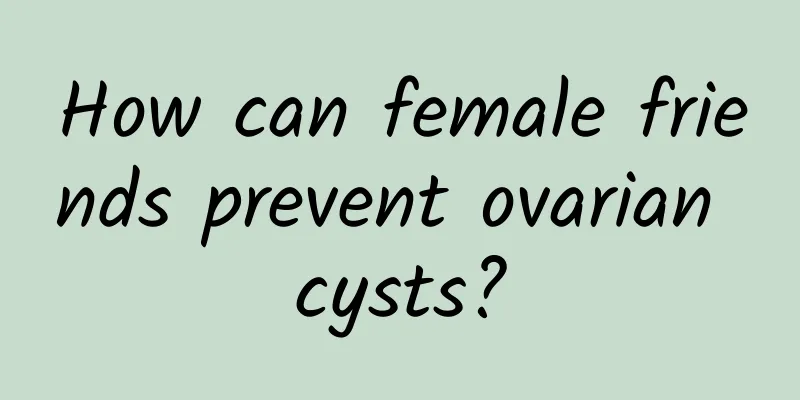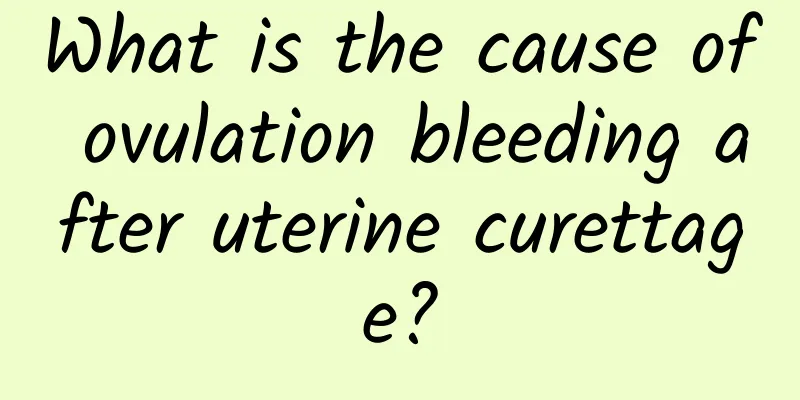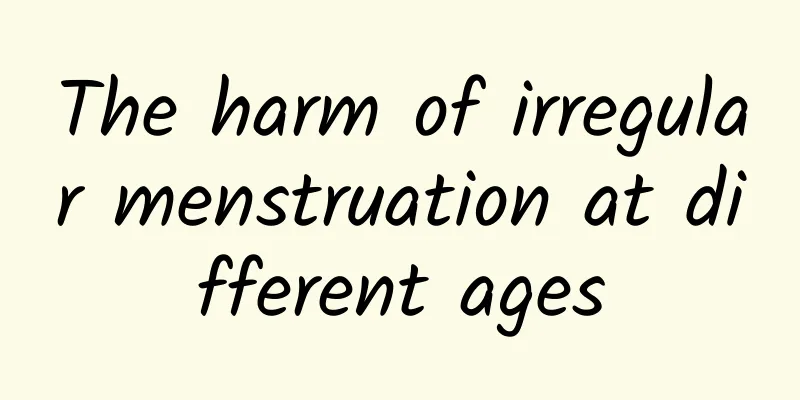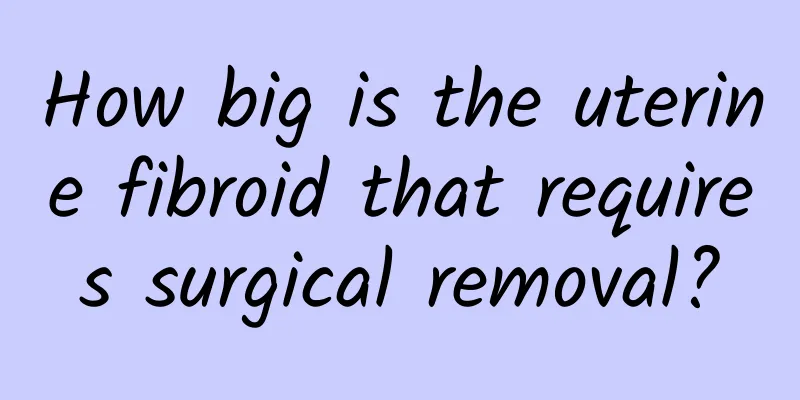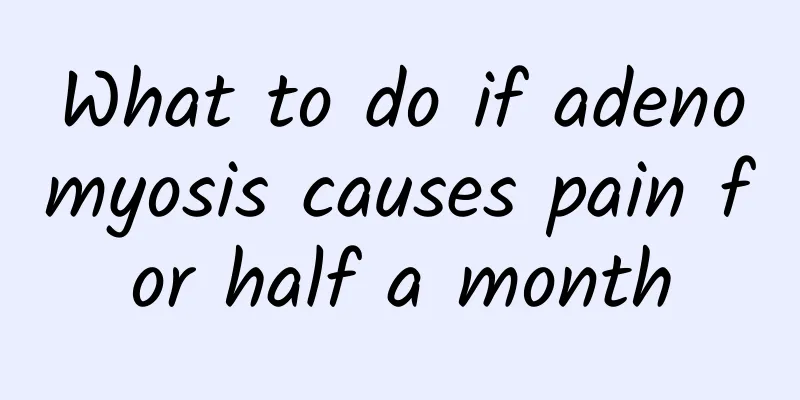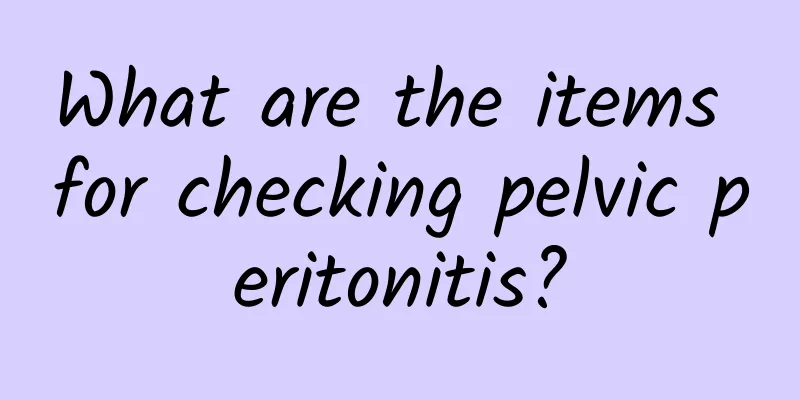What are the effective drugs for treating uterine fibroids?
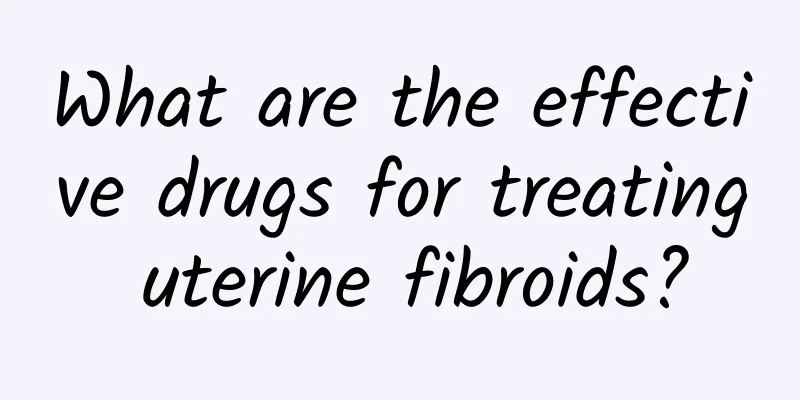
|
Effective treatments for uterine fibroids include drug therapy, surgical treatment, and other non-drug interventions. The specific choice needs to be based on the size, number, symptoms, and fertility needs of the patient. Commonly used drugs include gonadotropin-releasing hormone agonist GnRH-a, levonorgestrel intrauterine contraceptive system LNG-IUS, and mifepristone. 1Gonadotropin-releasing hormone agonist GnRH-a: GnRH-a is one of the most commonly used drugs for the treatment of uterine fibroids. It suppresses the level of estrogen in the body, causing the fibroids to shrink. GnRH-a is suitable for patients who need to reduce the size of fibroids before surgery or temporarily relieve symptoms. Adverse reactions may include hot flashes, osteoporosis, etc., so it should be used with caution for long-term use, and the course of treatment is usually 3-6 months. 2. Levonorgestrel intrauterine contraceptive system LNG-IUS: This method is suitable for patients whose main symptom is menorrhagia and whose fibroids are small. LNG-IUS can release progesterone to inhibit endometrial hyperplasia, thereby reducing menstrual volume and alleviating anemia. However, it has limited effect on the volume of fibroids and is suitable for patients who do not want or cannot undergo surgery. 3. Mifepristone: The drug blocks progesterone receptors to reduce fibroid growth. Studies have shown that mifepristone can effectively improve symptoms such as menstrual disorders and pain, while reducing the size of fibroids. However, long-term use may have side effects, so it should be used in the short term after evaluation by a doctor. Additional recommendations and other treatment options: In severe cases or cases where symptoms significantly affect life, drug therapy may not be able to completely solve the problem, and other treatments need to be considered, such as surgical removal of the fibroids, myomectomy, hysterectomy, or uterine artery embolization. Patients with mild symptoms can be relieved through non-invasive means such as monitoring and follow-up, and lifestyle adjustments. For uterine fibroids, the treatment plan needs to be personalized and evaluated by a doctor. Although drug treatment can effectively relieve symptoms, you need to fully understand the scope of application and possible side effects of the drug before treatment. If you find symptoms, you should see a doctor as soon as possible to avoid delaying the best treatment time. |
>>: Abnormal leucorrhea, blood, and no menstruation
Recommend
What are the treatments for menopause?
What are the treatments for menopause? Women ofte...
Uterine fibroids quietly "crawl" into the heart
Uterine fibroids, as female readers know, grow in...
What is the difference between premature ovarian failure and polycystic ovary
What is the difference between premature ovarian ...
Why is vaginitis always difficult to cure?
Why is vaginitis always difficult to cure? Vagini...
What causes ovarian cysts
Generally speaking, pregnancy will have a certain...
Patients with vulvar leukoplakia should be careful when using soap or alkaline solution to clean the vagina
Patients with vulvar leukoplakia should not only ...
What are the symptoms of irregular menstruation?
What are the symptoms of irregular menstruation? ...
Experts remind women to understand the causes of dysmenorrhea
"What are the causes of dysmenorrhea?" ...
Soy milk not only protects the cardiovascular system! There are 4 major benefits of drinking soy milk! Nutritionist Gao Minmin: 6 recipes for drinking soy milk in various ways
Waking up in the morning and drinking a cup of fr...
What is the chance of getting pregnant with Bartholinitis?
Gynecologists say that the Bartholin's glands...
Obese men may have less semen, lower semen quality and may become infertile! Dr. Liu Boen: 3 tips for obese men to lose weight
Due to the impact of the declining birth rate, th...
Hyperprolactinemia
Hyperprolactinemia is a very common disease in wo...
What are the dangers of an ovarian cyst of 2.3 cm?
Although ovarian cysts grow on the ovaries, they ...
Will adenomyosis recur after leuprorelin injection?
What are the precautions after adenomyosis surger...
My period came on November 5th but didn't come on December 5th
If your period that started on November 5th has n...
